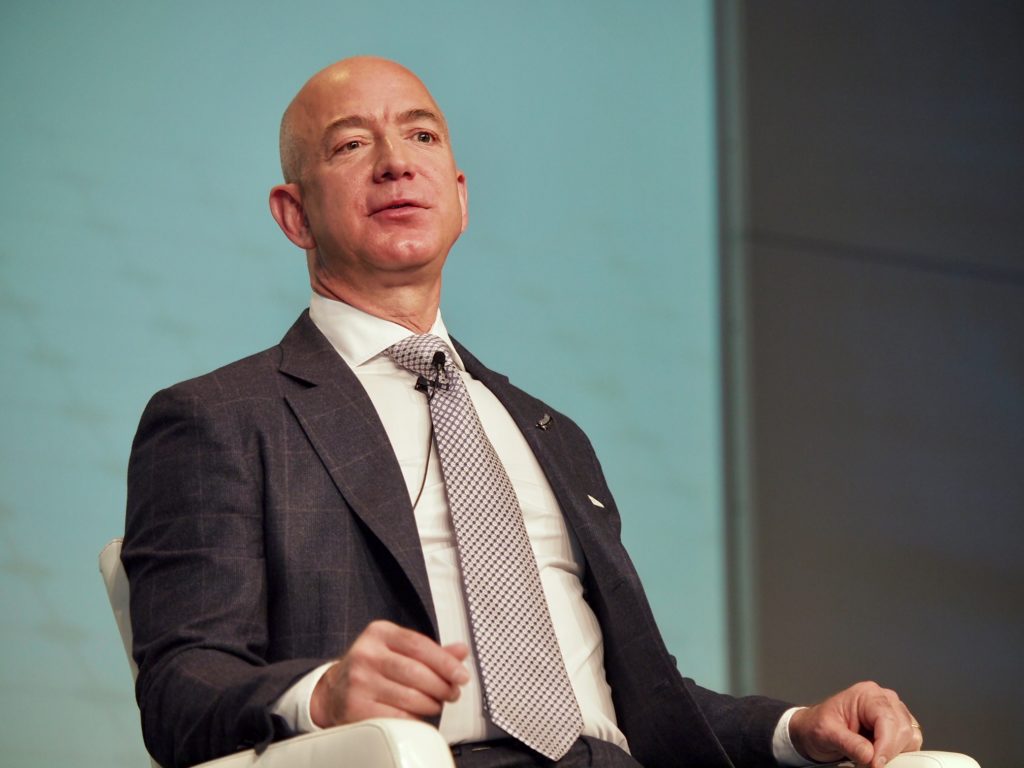FCC Approves Amazon’s Kuiper Constellation

Amazon CEO Jeff Bezos. Photo: Vince Lim/Via Satellite
The FCC granted Amazon approval on Thursday to build out Project Kuiper, its planned constellation of 3,236 satellites in Low-Earth Orbit (LEO) that will deliver low-latency broadband internet. Along with the approval, Amazon invested $10 billion into the project.
According to the FCC order, Kuiper will be deployed in five phases, and service will begin once the first 578 satellites are launched. The order requires Kuiper to launch and operate 50% of its satellites no later than July 30, 2026, and Kuiper must launch and operate the remaining satelites no later than July 30, 2029.
Amazon said the investment will create jobs and infrastructure around the U.S. as the company builds its ground network, manufactures and tests its satellites, and works on a customer terminal. Project Kuiper will be designed and tested at a research and development facility opening in Redmond, Washington.
In addition to providing broadband internet directly to customers, Amazon plans for Project Kuiper to also provide backhaul for wireless carriers extending LTE and 5G service to new regions.
“We are doing an incredible amount of invention to deliver fast, reliable broadband at a price that makes sense for customers,” said Rajeev Badyal, vice president of technology for Project Kuiper. “LEO-based broadband systems like Project Kuiper present a huge number of challenges, and we have assembled a world-class team of engineers and scientists who are committed to delivering on our vision for Project Kuiper and keeping space a safe, sustainable environment for everyone. Combine that with Amazon’s deep expertise in networking and infrastructure and its ability to finance such a huge undertaking, and I am optimistic about the impact we can have for these unserved and underserved communities.”
This marks another step in Amazon’s progress in space. In late June, Amazon Web Services (AWS) launched a new business segment dedicated to serving the aerospace and satellite industry, Aerospace and Satellite Solutions division. And Blue Origin, another venture from Amazon’s billionaire CEO Jeff Bezos is also making moves. The launcher was recently awarded a NASA contract to develop the Integrated Lander Vehicle (ILV) for NASA’s Artemis program.
The service will face competition from other Non-Geostationary Orbit (NGSO) constellations — SpaceX’s Starlink, which is awaiting its 10th Starlink launch, at which point it will have 538 satellites deployed; OneWeb, recently acquired by the U.K. Government and Bharti, with 74 satellites deployed; and Telesat LEO, which plans to start launching in 2022.